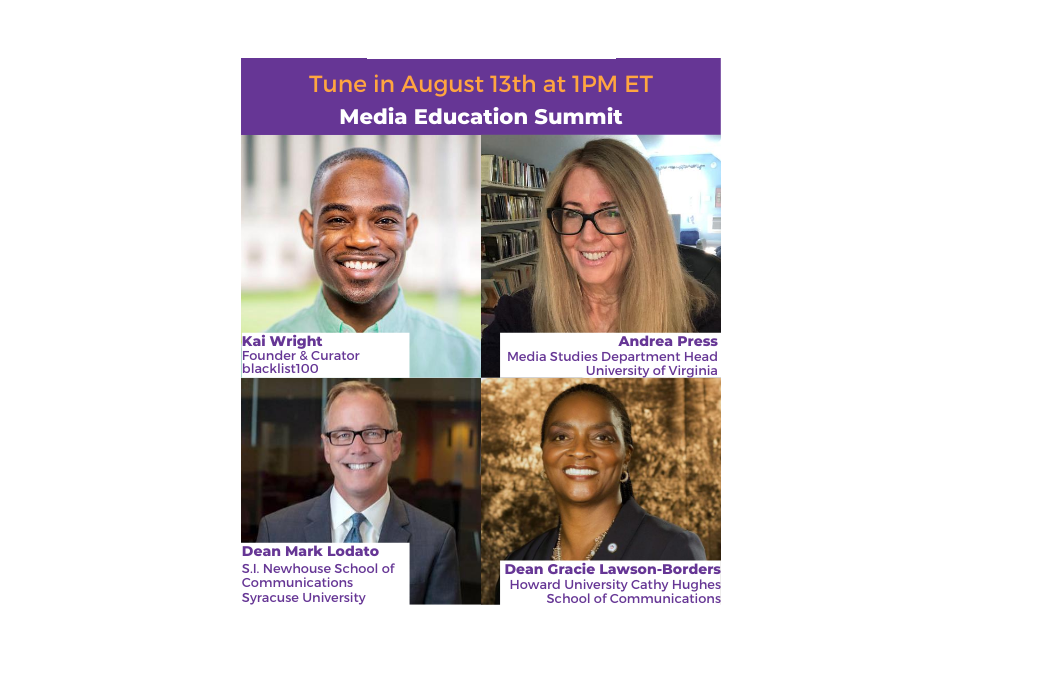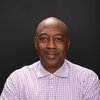Howard University Dean Gracie Lawson-Borders on Pipeline, Retention and Media Partnerships

COVID-19 and Black Lives Matter have focused increased scrutiny on just how intentionally media companies and their leadership are focused on advancing diversity goals. The recent Media Education Summit hosted by MediaVillage and AdvancingDiversity.org was a unique gathering that connected educators with industry diversity and inclusion activists to build the bridges required between media professionals and academia. The Media Education Summit (view on-demand here) was a heavyweight collection of thinkers, including Dean Gracie Lawson-Borders, Howard University Cathy Hughes School of Communications, Dean Mark Lodato, S.I. Newhouse School of Communications at Syracuse University; Andrea Press, Media Studies Department Head, University of Virginia; and Kai Wright, founder & curator of blacklist100 and Columbia University lecturer. The 90-minute conversation led by MediaVillage and AdvancingDiversity.org founder Jack Myers, was appointment viewing for industry insiders and academics committed to diversity goals and connections built on best practices.
Among a stellar class of professionals, Dean Lawson-Borders shared a unique perspective, given her background as a journalist before ascending to her current role as Dean of Howard's School of Communications. Having excelled in our nation's newsrooms, Dean Lawson-Borders offered a frontline perspective on the challenges of diversity. There was little time wasted as she waded into the deep end to highlight how crucial organizational retention is when discussing diversity.
"I have about 40 years in some combination as a journalist, reporter, editor, and now academia. We see people hired, but then they plateau, and you don't retain them. You see this in media, advertising, and even PR. People won't stay in an organization if they don't feel they can grow and have success. If nothing is happening, it is going to take a different kind of movement," commented the Dean.
That "different kind of movement" is directly in line with the mission of "The Mecca." Howard University has been the preeminent training ground for the best and brightest in the African American community. Service and duty are in Howard's DNA, from its founding as part of the Freedmen's Bureau during the short-lived Reconstruction era to the ascension of Senator Kamala Harris as the Vice Presidential Democratic nominee. "One of the things that we do at Howard, in our school, is we set the bar that you're going to be successful, and excellence is the expectation," says Lawson-Borders, "We want you to leave here career ready. We want to push and expose you and expand the opportunities you have."
The strong academic grounding cited by Dean Lawson-Borders is in direct opposition to the pipeline myth that is still far too prevalent in industry conversations about diversity. Lawson-Borders punctures that myth and links the pipeline mythology to the hard work of retention. "If you get a candidate who comes out of Howard and they're doing great [in business], what practices can we identify and formalize within the industry and organizations to ensure we're doing the best job to bring other people along? When it comes to diverse talent, don't tell me the pipeline isn't there. Where we have a gap is retention."
The siloed approach to knowledge and expertise that has maintained a gated wall between academia and industry is a well-established roadblock in addressing diversity challenges. The Media Education Summit was convened to promote just how vital the connective tissue is between industry and academia. As much as academia prepares and supplies talent to the industry, there is still ample room to establish a more fluid relationship.
"Intentionality implies a purposeful strategy beyond internships; it means you're working to engage in partnerships with us," says Lawson-Borders. The takeaway is that a business-as-usual mentality that supplies internships to a few students but doesn't build strategic links to academia –both students and faculty – is not likely to forge new solutions. New solutions that depend on talent run the risk of remaining hidden as long as we don't have the systems to spot opportunities and nurture vibrant partnerships.
Lawson-Borders says "there are opportunities for us to partner in ways that will benefit these young people in their future organizations. We all need to be creative and to use our imagination. Some opportunities are hidden in plain sight. We are gifted with wonderful resources that are right in front of us. We need to use them better."
Addressing diversity is not the singular domain of either academia or the connected media industry. Any effective remedy to the impact that the stunning lack of diversity has had on media efficacy has to be addressed collectively by all stakeholders. A luminary like Dean Lawson-Borders sharing prescient insights during the Media Education Summit is living proof that cross-functional expertise is the way forward.
Also read:
blacklist100's Kai Wright on the State of Ad Industry Diversity Advances by Ainsley Andrade
"Let's Not Be Afraid to Take Some Risks" — Higher Education Is Ready to Innovate to Save Media by Oriana Schwindt
Academics Invite Media Community to Partner on Advancing Diversity Retention by Jeff Minsky
Click the social buttons to share this story with colleagues and friends.
The opinions expressed here are the author's views and do not necessarily represent the views of MediaVillage.com/MyersBizNet.


